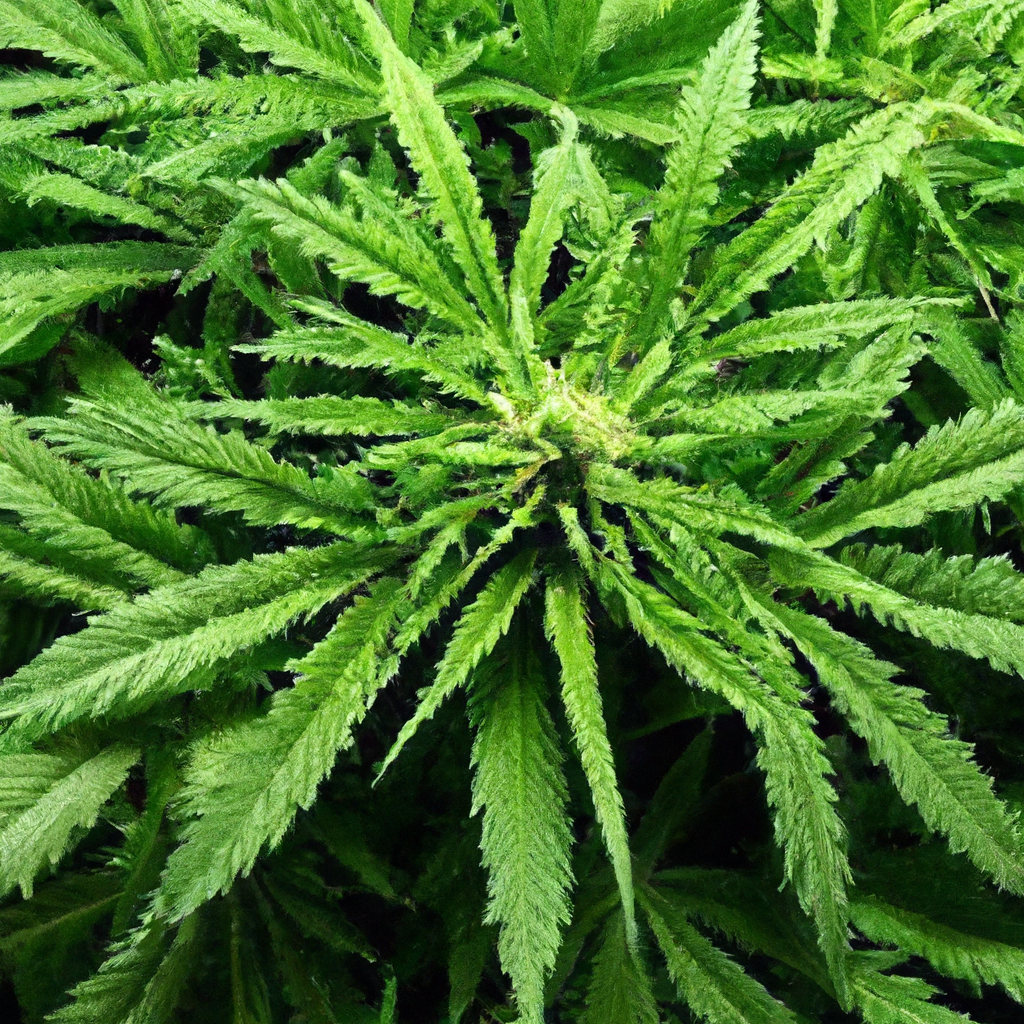Your cart is currently empty!
Embarking on the journey of organic cannabis cultivation involves more than simply eliminating synthetic chemicals from your growing practices. It’s about embracing a holistic approach that focuses on natural fertilizers, vibrant soil ecosystems, and sustainable pest control methods. This not only benefits the environment but also enhances the quality of the cannabis, providing consumers with a cleaner, more authentic product.
Creating a Healthy Soil Ecosystem
At the heart of organic cultivation lies the health of your soil. A thriving soil ecosystem enhances plant growth and resilience, leading to higher yields of superior-quality cannabis. Here are key practices to build robust soil health:
- Composting: Convert kitchen scraps and yard waste into rich compost, which provides essential nutrients and improves soil structure.
- Crop Rotation: Regularly switching the types of plants grown in a particular area to prevent nutrient depletion and pest buildup. This practice promotes a balanced soil ecosystem.
- Beneficial Microbes: Introduce mycorrhizal fungi and beneficial bacteria to the soil to enhance nutrient uptake and root development.
Choosing Natural Fertilizers
Natural fertilizers are crucial to maintaining the purity of organic cannabis. Unlike synthetic fertilizers, natural options provide nutrients in a form that plants can easily absorb without harming the environment.
- Fish Emulsion: A high-nitrogen fertilizer that promotes vigorous growth. It’s an excellent choice for the vegetative stage of cannabis plants.
- Bone Meal: Rich in phosphorus, it supports root development and flowering, critical stages for cannabis plants.
- Kelp Meal: Packed with micronutrients and growth hormones, kelp meal aids in overall plant health and stress resistance.
Effective Organic Pest Control
Managing pests in an organic manner requires planning and vigilance. Natural pest control methods protect plants without compromising the ecosystem.
- Companion Planting: Plant species such as marigolds and basil to repel pests and attract beneficial insects.
- Diatomaceous Earth: A natural powder effective against soft-bodied insects by dehydrating them upon contact.
- Neem Oil: Derived from the neem tree, this oil disrupts insect growth and reproduction, providing a broad-spectrum pest solution.
Promoting Sustainability in Indoor and Outdoor Operations
Whether growing indoors or outdoors, sustainable practices ensure minimal environmental impact while maximizing plant health.
- Conserve Water: Utilize drip irrigation and rainwater harvesting to reduce water waste.
- Energy Efficiency: Opt for LED lighting in indoor setups to lower energy consumption while maintaining optimal growth conditions.
- Reduce Waste: Use biodegradable planters and recycle growing media to minimize landfill contributions.
The Benefits of Organic Cannabis
Organic cannabis offers myriad benefits beyond environmental preservation. For consumers, it means consumption of plants free from synthetic residues, rich in terpenes and cannabinoids reflective of their authentic profiles. Environmentally, organic cultivation methods lead to improved soil health, reduced pollution, and enhanced biodiversity.
Transitioning to organic cannabis cultivation might demand shifts in your practices, but the rewards are worthwhile—yielding healthier plants and healthier consumers.
By embracing these organic cultivation techniques, growers play an integral role in the movement toward a sustainable and environmentally conscious future.
Remember, the key to organic success is patience and commitment to natural processes—empowering you to unlock the full potential of nature’s balance.
Discover more from Magic Clones
Subscribe to get the latest posts sent to your email.


Leave a Reply